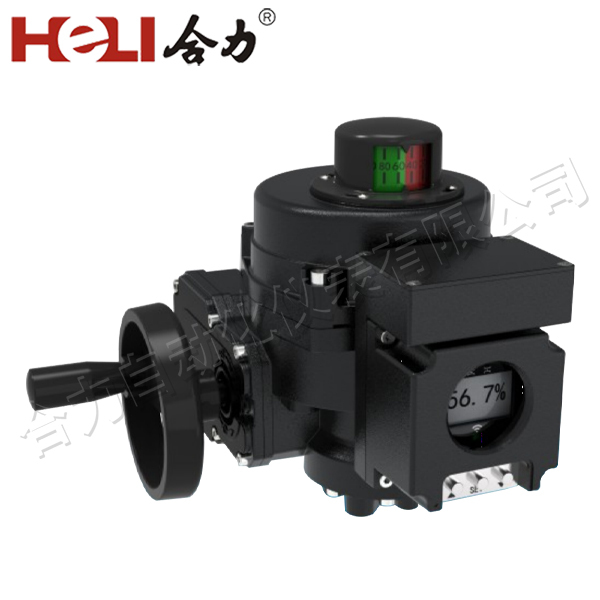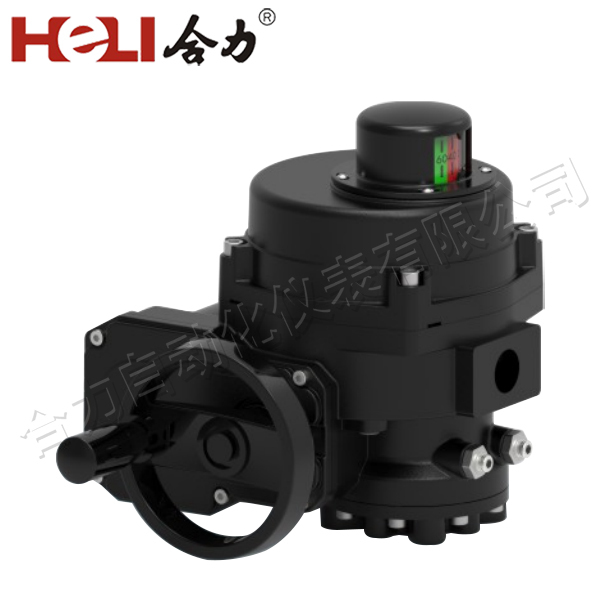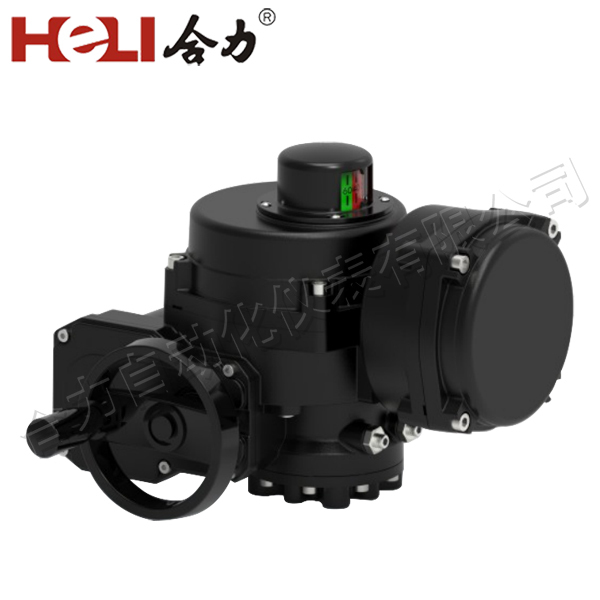In recent years, the rapid advancement of technology has ushered in a new era of efficiency and sustainability in various industries. Among these innovations, the lithium battery electric actuator stands out as a key component that enhances performance and reduces environmental impact. This article explores the fundamentals, benefits, applications, and future prospects of lithium battery electric actuators.

Understanding Lithium Battery Electric Actuators

At its core, an electric actuator is a device that converts electrical energy into mechanical motion. Electric actuators are integral to automating processes in numerous sectors, including manufacturing, automotive, aerospace, and robotics. Lithium battery electric actuators combine this technology with lithium-ion battery power, offering a compact, efficient, and reliable energy source. Lithium-ion batteries are known for their high energy density, low self-discharge rate, and long cycle life. These features make them an ideal choice for powering electric actuators, particularly in applications where mobility and space are critical. The pairing of these two technologies not only improves performance but also enhances the versatility of electric actuators in various environments.
